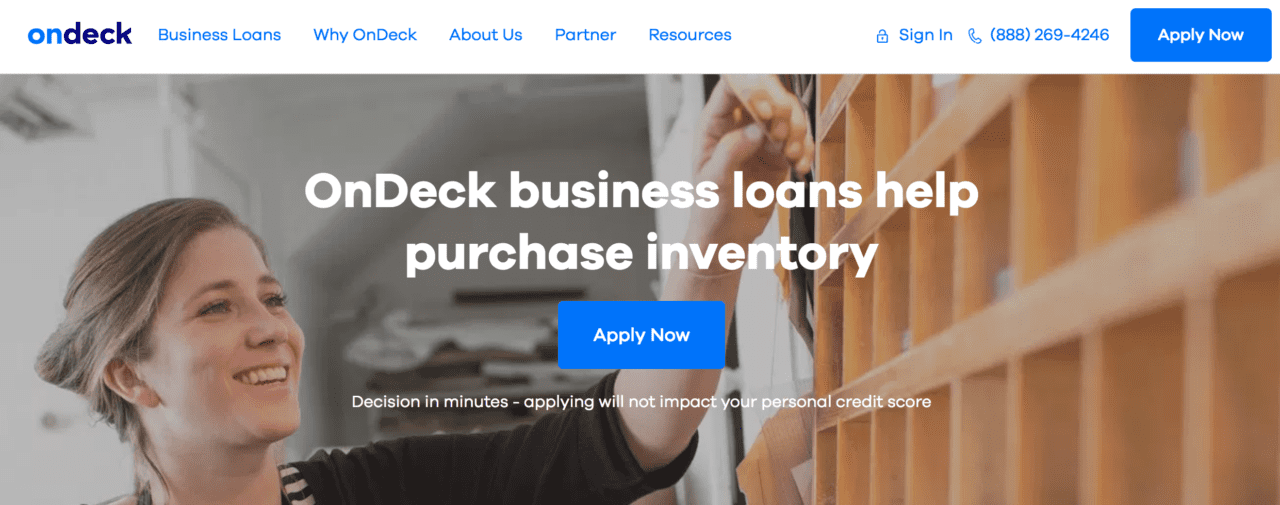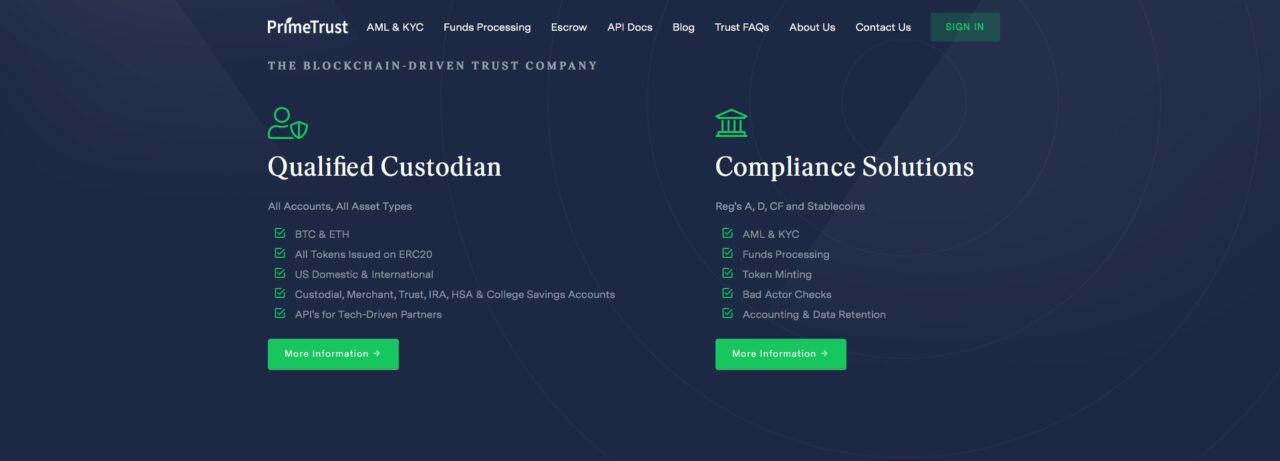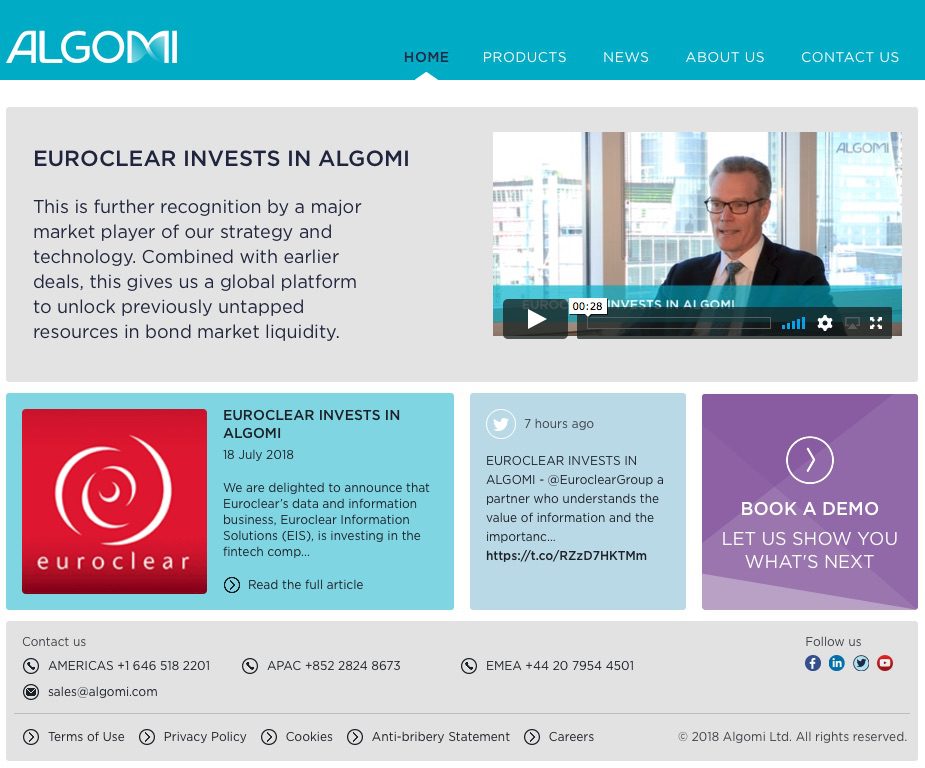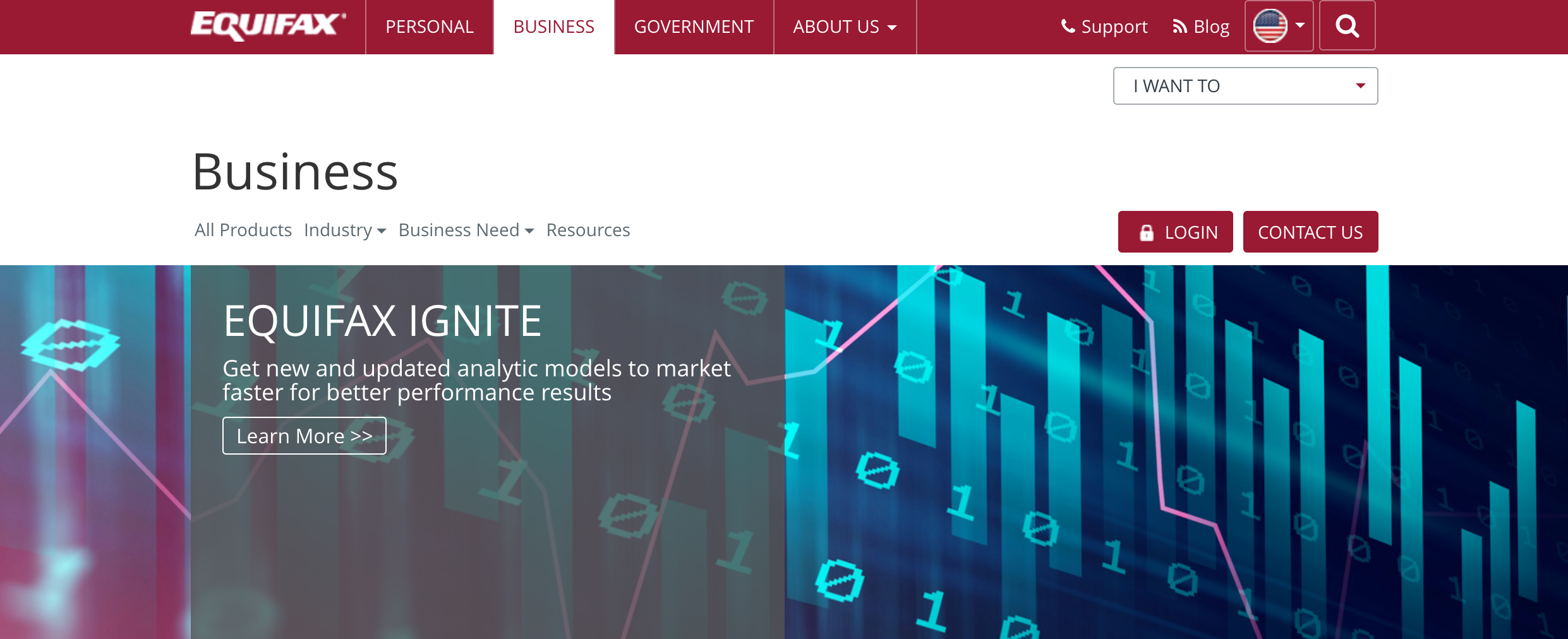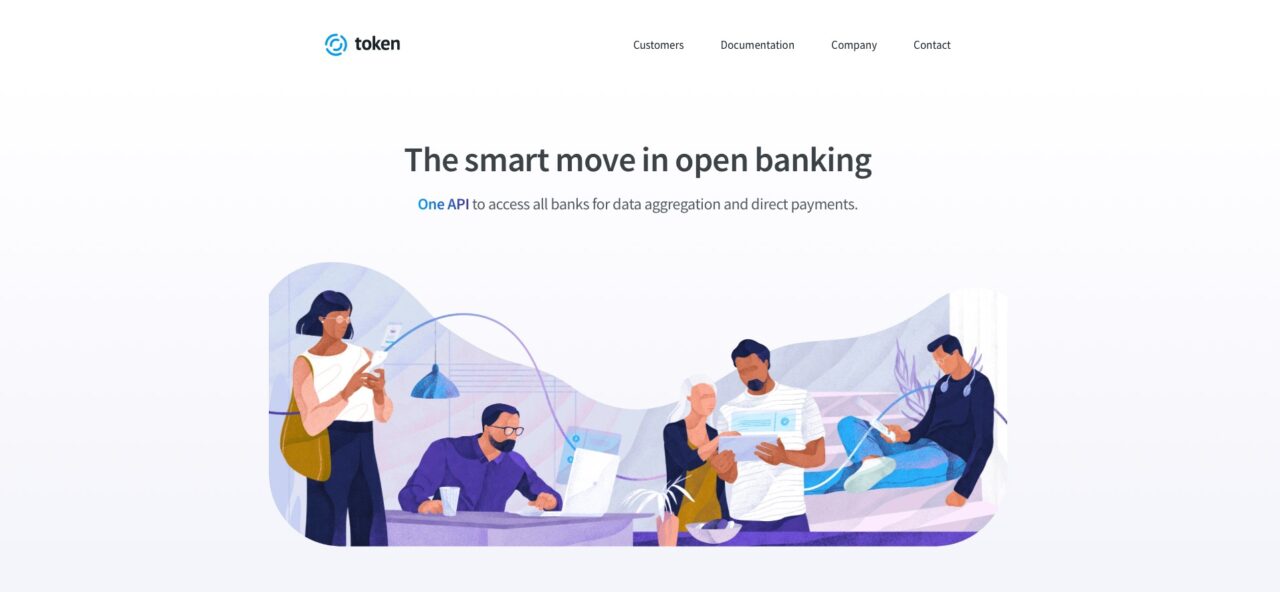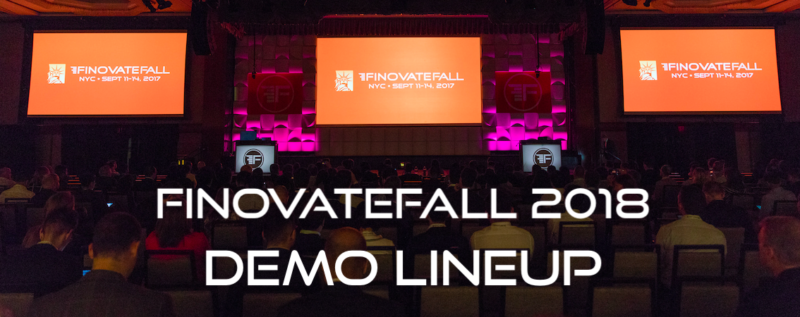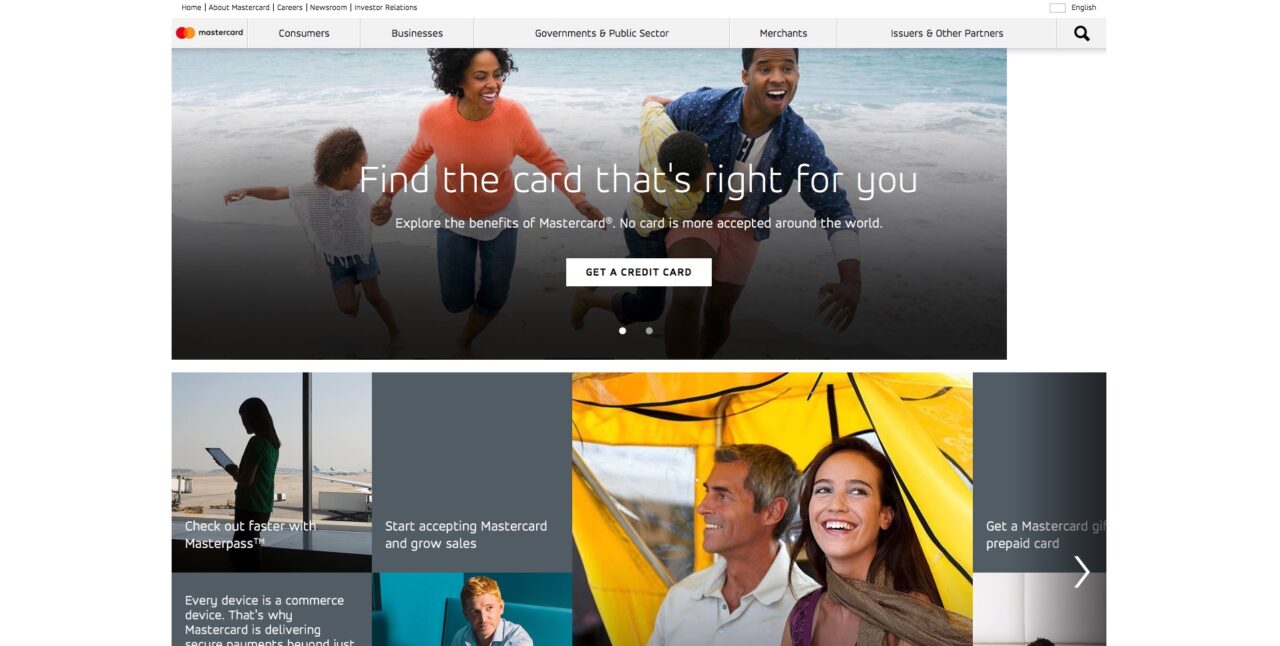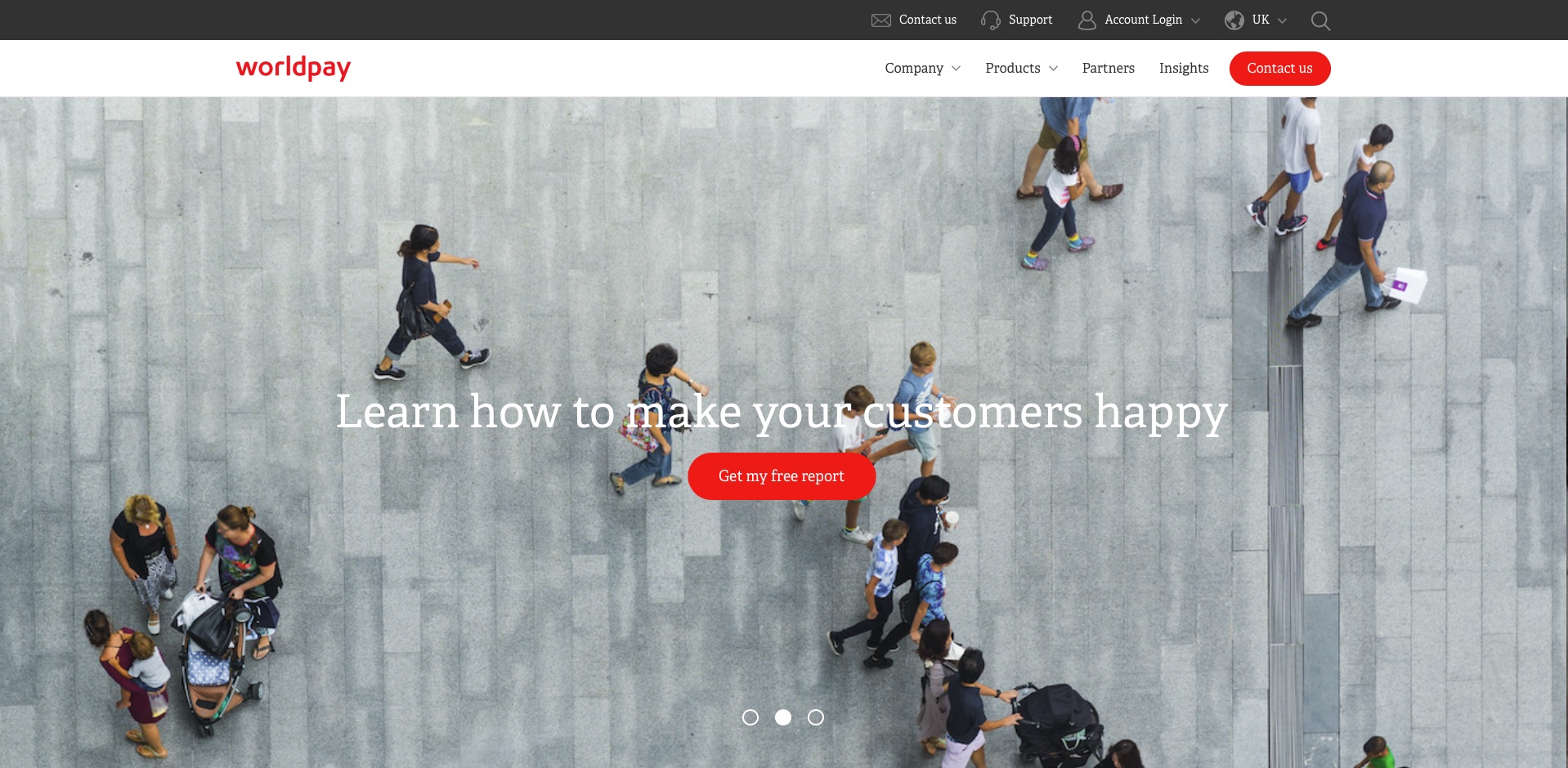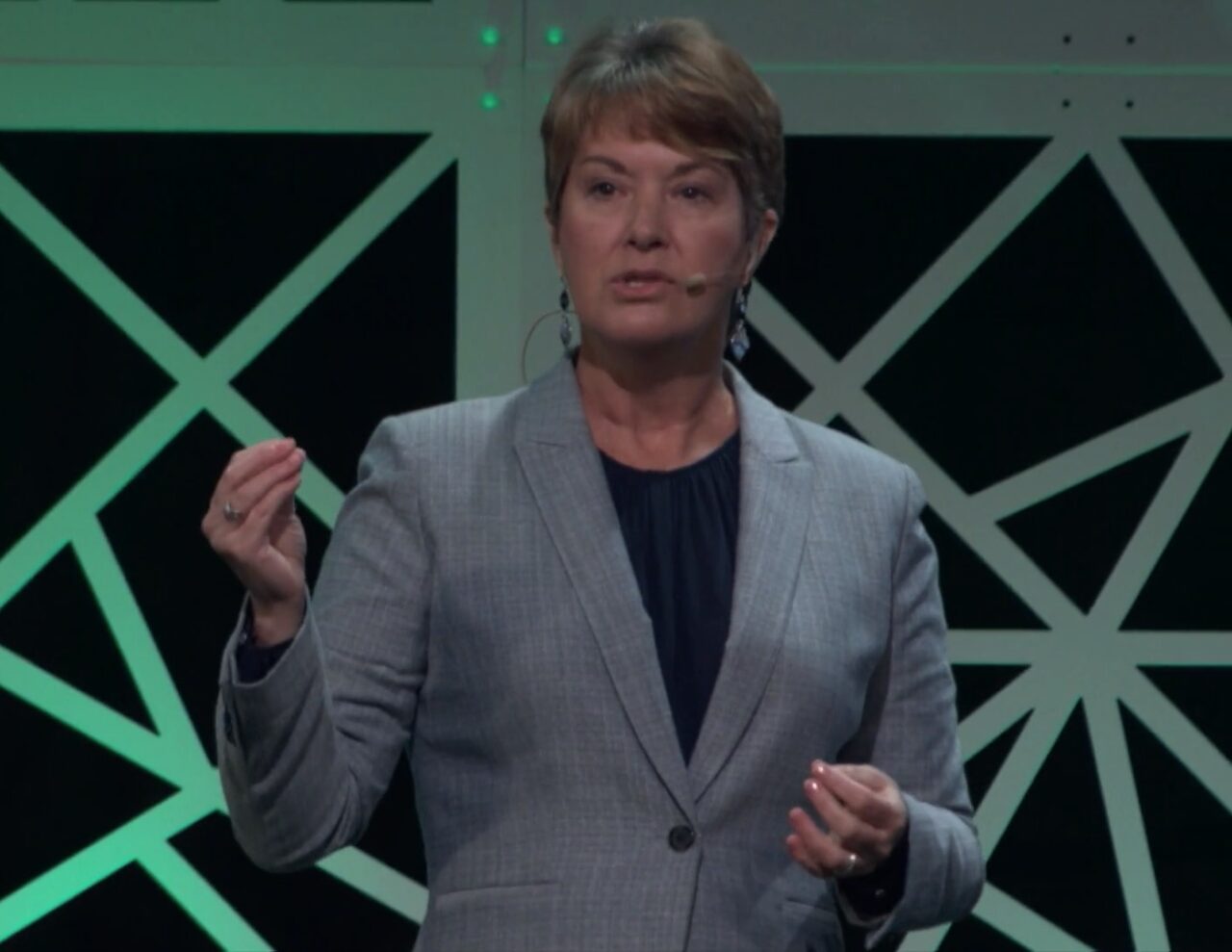Online small business lender OnDeck closed a pair of revolving credit facilities this week. The $93 million in asset-backed funds come from Credit Suisse, which contributed $55 million (AUD 75 million) to go to small businesses in Australia, and Crédit Agricole, which contributed $38 million (CAD50 million) for small business loans to Canadians.
“Securing cost-effective facilities that provide committed funding to support the loan growth of our international businesses reflects another step forward in the execution of our financing strategy,” said Ken Brause, Chief Financial Officer at OnDeck. “These two transactions provide additional capacity to support small businesses in Australia and Canada and help them to achieve their goals.”
OnDeck will use the Credit Suisse facility to refinance its loan book at a lower rate and to fund future small business loan originations. OnDeck will service the loans, which it will extend to OnDeck Australia and OnDeck Canada subsidiaries. The funds are expected to promote small business growth in Australia and Canada by burgeoning the amount of working capital available.
Both loans carry an initial weighted average interest rate of 5.6%. The Credit Suisse loan will mature in June 2020 while Crédit Agricole’s matures in June 2021. These credit facilities make a total of four funding events that the New York-based company has received this year, following a $100 million revolving credit facility and a $225 million securitization, both received in April.
Founded in 2007, OnDeck leverages its OnDeck Score that uses advanced analytics to make real-time lending decisions and deliver funds to small businesses in as little as 24 hours. Since launch, the company has deployed $8+ billion to customers in 700 different industries across the United States, Canada, and Australia. OnDeck demoed at FinovateSpring 2012 and gave a presentation at our developers conference, FinDEVr New York 2016.
